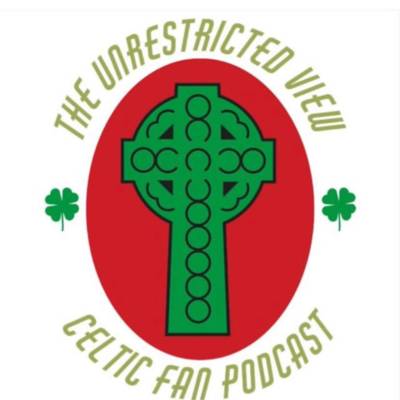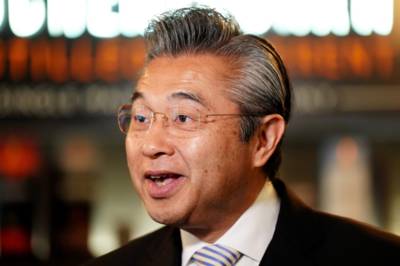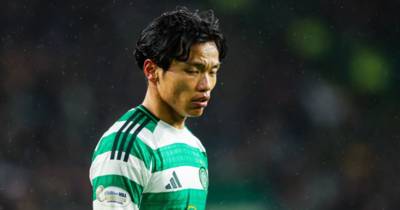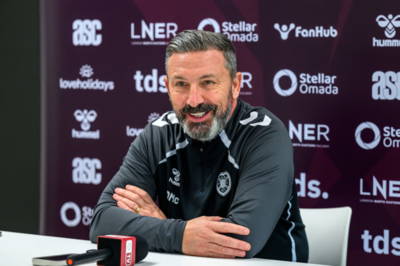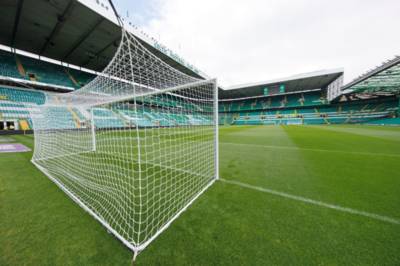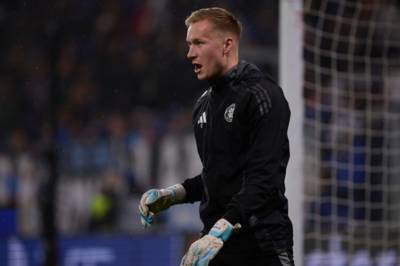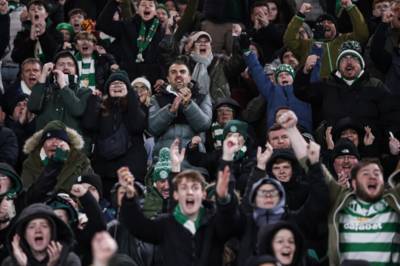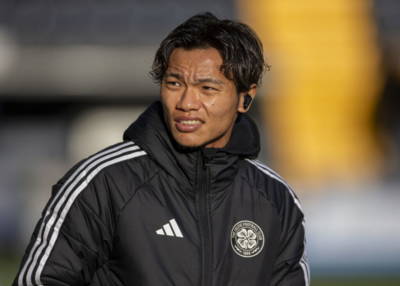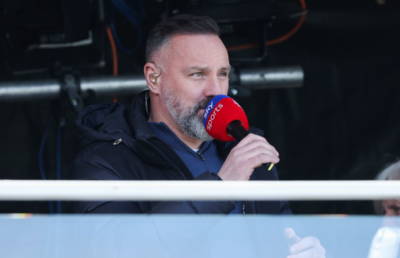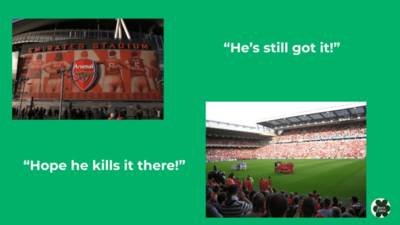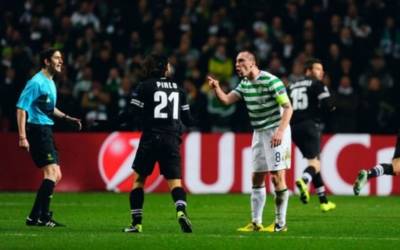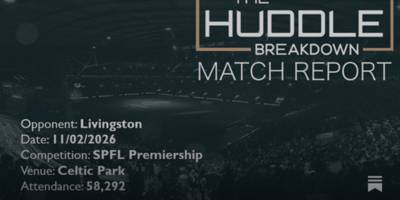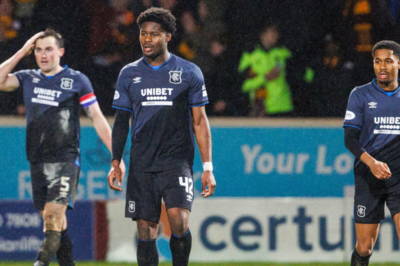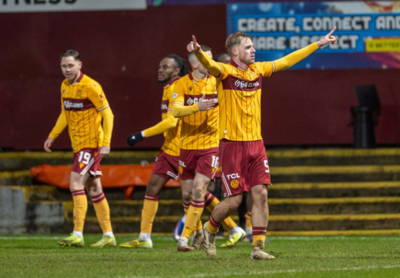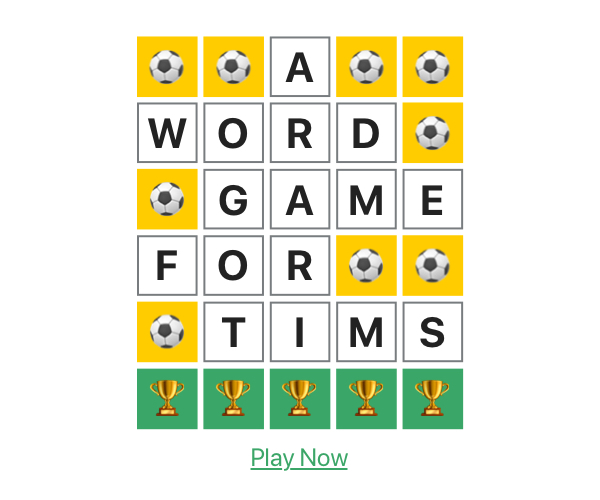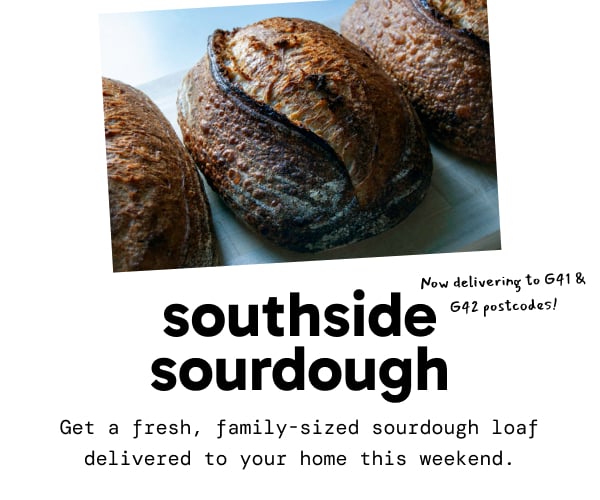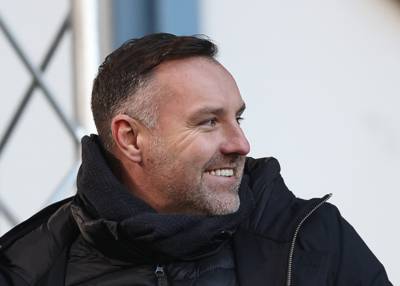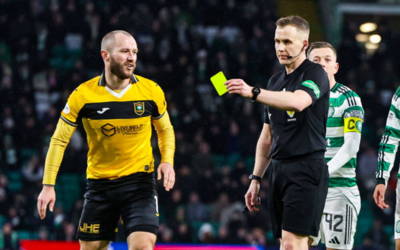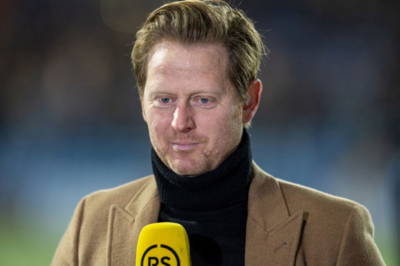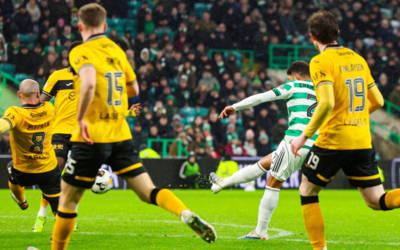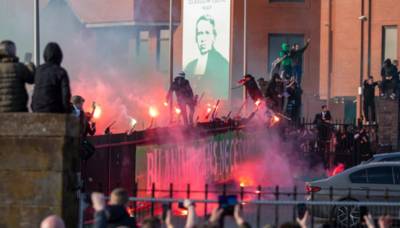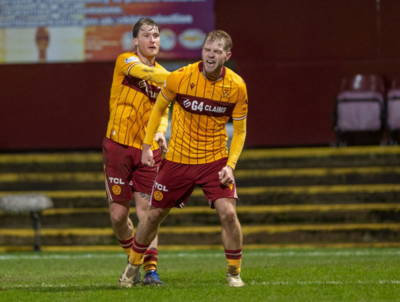Another Remembrance Sunday has come and gone and once more the media has had a field day castigating Celtic fans for the actions of some of them at Rugby Park. The Telegraph, a paper fined £30,000 for sending unsolicited emails to subscribers in 2015 urging them to vote Conservative said ‘A Remembrance Sunday tribute ruined in nine seconds but it is a subsequent wall of silence from Celtic that most perturbs the rest of Scottish football. Green Brigade boos, offensive banners and pro-IRA chants were as grimly predictable as the three points that followed for the in-form Scottish Premiership champions on Sunday. Post-match frustrations vented by Kilmarnock manager Derek McInnes, however, betray a growing sense within the game that Celtic – and, in turn, its far-left ultra followers – are becoming unaccountable. “I don’t get any decisions,†McInnes said in response to the “awful†show of disrespect, before adding Celtic “even decided when the minute silence stopsâ€. “I’m not a politician or anything, but it’s our ground, it’s our minute silence.’ Such opinions were published in a variety of newspapers and online leading to the usual pile on by those with no love for Celtic at any time. Some pointed out that the so called ‘pro-IRA’ chant was in fact a song about Aidan McAnespie, a young man killed by a British soldier during the Troubles, but it had little effect as the predictable hand wringing went on. The Telegraph’s take on things seems to suggest that Celtic FC are somewhat scared to take the ‘far left’ ultras among the support on. Their article is headlined, ‘Celtic’s wall of silence over Remembrance Day shame rooted in fear of Green Brigade.’ Given the bans the ultra-group has endured in the past, I doubt this. I also doubt we’ll hear the same hullabaloo about songs others sing about being up to their knees in the blood of their fellow citizens which was heard at the same stadium back in October. The outrage tends to be selective. Remembrance in the United Kingdom has changed in the last couple of decades; once it was a time of somber reflection on the horrors of war and the need to see that it doesn’t happen again. These days it can be, on occasion, a jingoistic display of British nationalism and a crude test of loyalty. People actually phone TV stations to complain that a given presenter isn’t wearing a poppy, totally oblivious to the fact that the freedoms our war dead died to maintain include the freedom of dissent and of conscience. The pressure to conform can be enormous on some as exemplified by the annual baiting of Irish footballer, James MacClean. To ask a nationalist man from Derry to stand and show respect for the British Army is to demonstrate a lack of understanding of the role of the army played in the conflict in Ireland and its murderous actions in MacClean’s home city. Yet, every year as predictable as the sun rising the abuse is doled out by those who demand respect for their views, yet simultaneously show none for the views of others. MacClean has stated that he would wear a poppy if it was to commemorate those lost in both world wars but can’t in conscience wear one for those responsible for the murder of six young men from the Creggan, where he was brought up. The British Legion is clear that pressuring people into wearing a poppy goes against everything the poppy symbolises. Celtic FC quietly donates £10,000 each year to the poppy appeal but the media aren’t interested in that when they can stir up controversy. I don’t need to list the Celtic players who were killed or injured in wars nor the family members we all have or had who likewise saw and endured terrible things during conflicts. Remembrance is appropriate as is taking to task the politicians who lead us into these conflicts in the first place. Remembrance is a hugely personal act and cannot be forced on people. The noise we hear at this time of year about poppies and respect is in fact part of the messy world of freedom of speech which we are told our veterans died for. It may be considered a poor show by some that others choose not to remain silent on Remembrance Day, but it is an equally a poor show that the government doesn’t adequately look after those self-same veterans they ‘honour’ each year. It is also hugely inappropriate that far right groups have been attempting to co-opt the poppy as one of their symbols. One of the most ludicrous pictures to appear in the media in recent years was that of a man at a Remembrance ceremony sporting a poppy on his jacket and a swastika tattooed onto his neck. Such people are a small minority among those genuinely seeking to honour the fallen but the politicizing of remembrance is a concern to some. Remembering those lost in wars and working to end conflicts go hand in hand. Politicians can never use remembrance as a way to avoid criticism of their modern military adventures. Some ‘patriots’ may say, ’my country right or wrong.’ They should use the full quote; ‘my country, right or wrong. If right to be kept right. If wrong to be set right.’ It seems each year we are now destined to hear the discordant voices of outrage, real or faux, about this group or that not responding to the bugle call to conformity. We’ll also endure editorials from hypocritical newspapers who rant at length about disrespectful football supporters whilst remain uncritical or even silent as this country helps arm a military which is slaughtering civilians in Gaza on a biblical scale.
The Price of Freedom
Don't Let it Be Forgot · Nov 14, 2024
The Price of Freedom
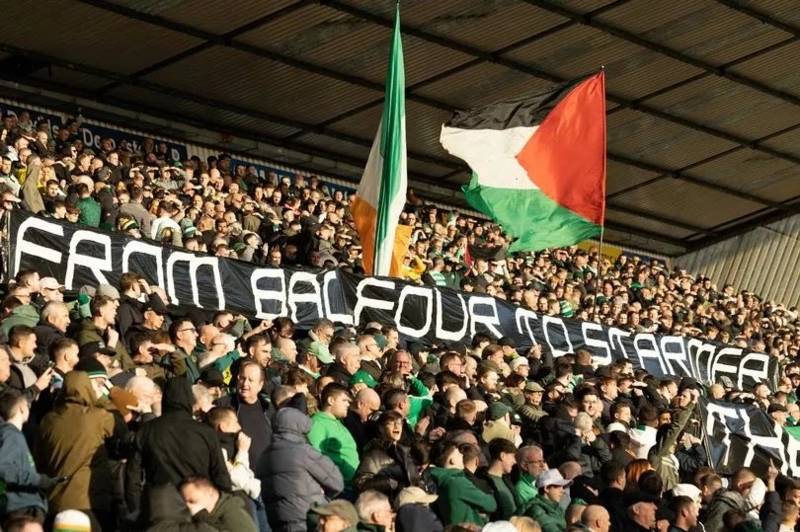
The Price of Freedom
Read Next: Returning to the past could allow Celtic to build for the future


